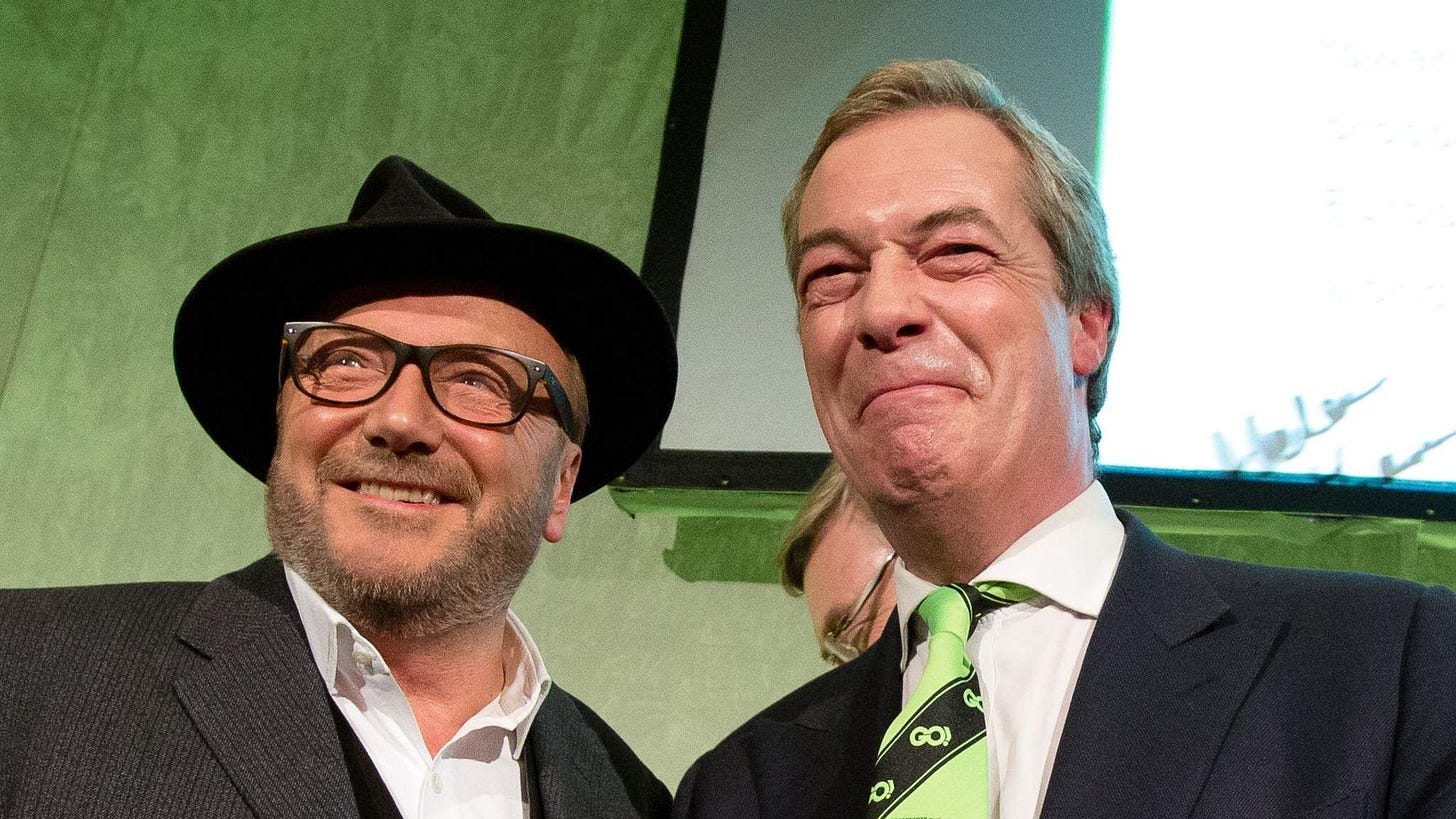A Monster of Their Own Creation
Is George Galloway the most important thing to be focusing on following his election?
Yesterday, Britain woke up to discover that Rochdale has a new MP. One George Galloway, a smooth-talking maverick of the far-left with a host of unsavoury associations and probably one of the most talented and theatrical campaigners in politics at the moment, only rivalled perhaps by Nigel Farage.
The campaign has elicited shock from the commentariat, having been described, amongst other things, as, “duplicitous politics” by Guto Harri on Good Morning Britain, or as the “divisive Rochdale by-election” by the Financial Times. Even the Prime Minister, in his address outside No. 10, went so far as to describe the election of Galloway as “beyond alarming”.
There’s also been condemnation directed towards Galloway because he’s directly and specifically targeted Muslims in his campaign with one message (based predominantly on their concerns over what’s happening in Gaza), whilst targeting other sections of the electorate with other messages (like concerns over law and order, grooming gangs and wanting a Primark on the high street).
The problem is that none of this is inherently wrong. The idea of democracy is that candidates speak to the concerns of the electorate to get themselves elected, and that’s what Galloway did. You don’t have to like his politics — I find it revolting — to understand that he’s doing what’s supposed to be done in a parliamentary democracy. Perhaps Galloway is doing this for cynical reasons. I’m sure he is. He’s a serial political opportunist. But he’s hardly the first cynical politician in British history. And, as revolting as it may be, at least we know what Galloway believes, which is more than can be said for the leader of the opposition, and probably the Prime Minister too.
The question that would be more helpful to ask is how did we get here? Why is it possible for a British candidate for parliament to start his campaign standing in front of a Palestinian flag, and then to be successful? Why is there such political capital to be gained from taking such a strong stance on a foreign conflict over which Britain has very little influence? Why is there such resentment for the two major parties? Instead of accusing Galloway of being divisive, would it not be better to ask why there are such large divides for him to exploit?
Sectarianism is nothing new in Britain, but the type of sectarianism we’re about to experience will be nothing like we’ve ever seen before. As technology allows us to splinter into increasingly siloed ideological bubbles, and immigration continues to bring in growing and increasingly politically relevant new communities with their own religious, local and geopolitical concerns, divides like those exploited by Galloway are only going to become more numerous and more heated and less reconcilable.
Galloway may be a monster, but if he is, he’s a monster empowered by those liberals who are now so shocked by him. And if the Sensible People™ of the Conservative Party and Labour Party don’t want more like him interrupting their dominance on the green benches, then they’d better start coming up with ways of countering or softening what’s to come.

